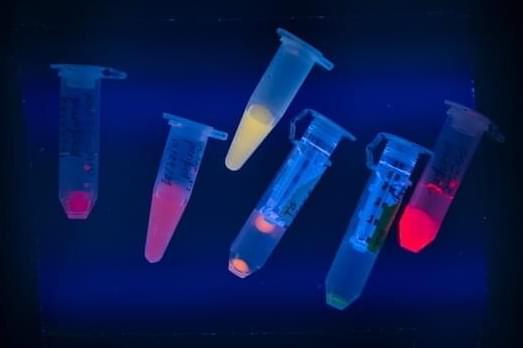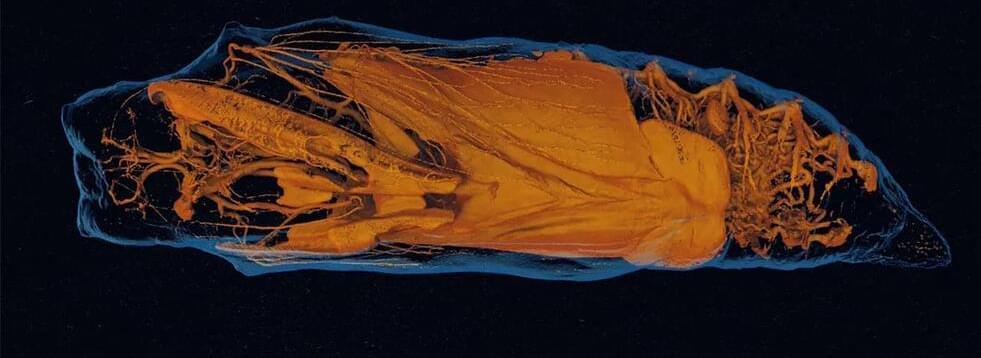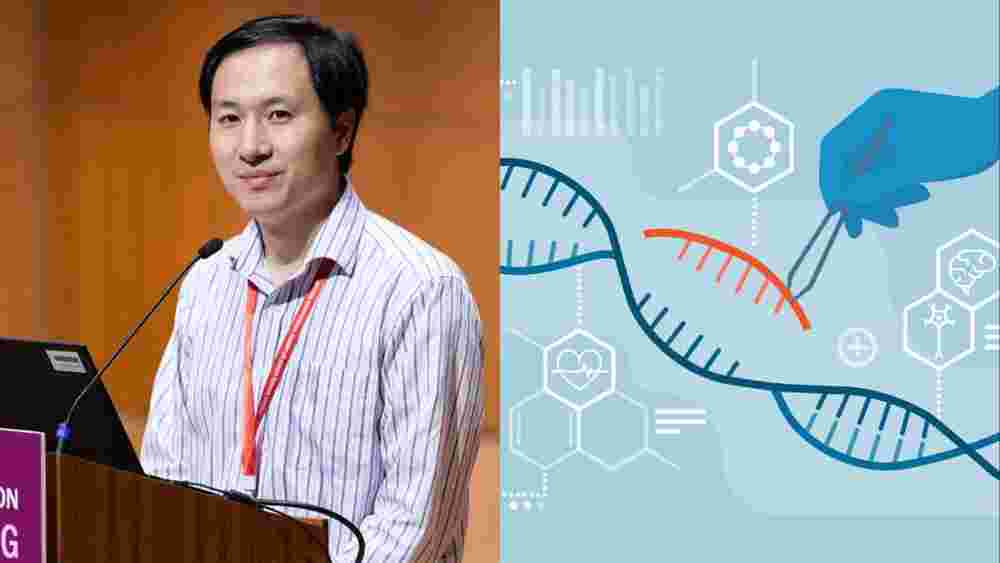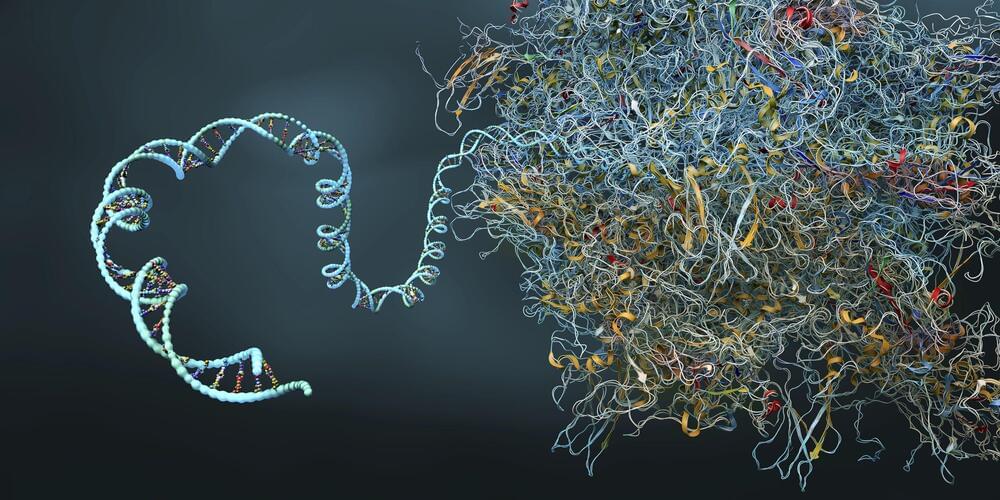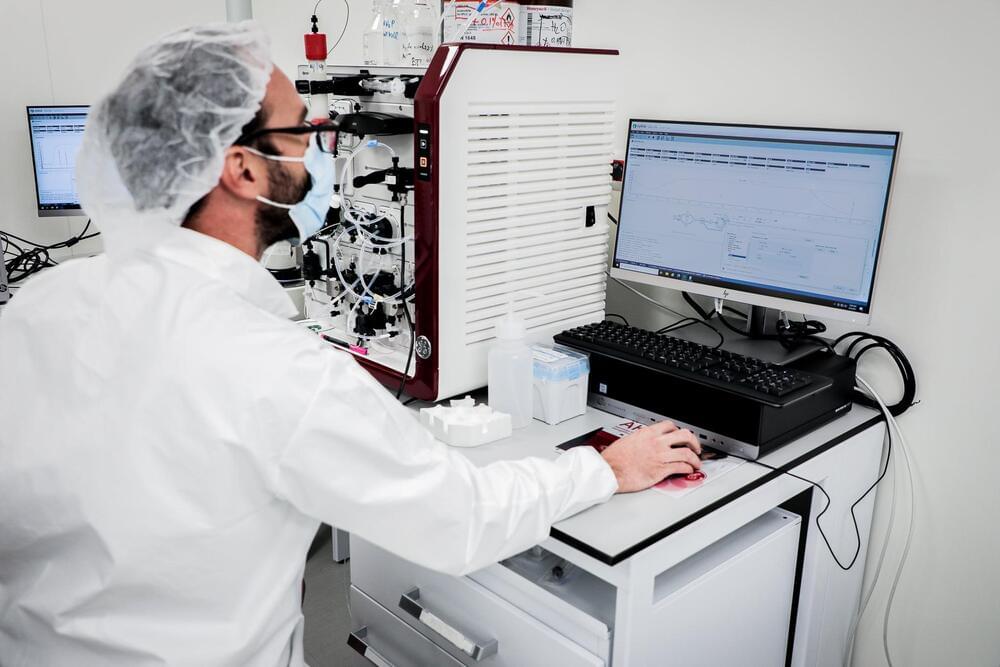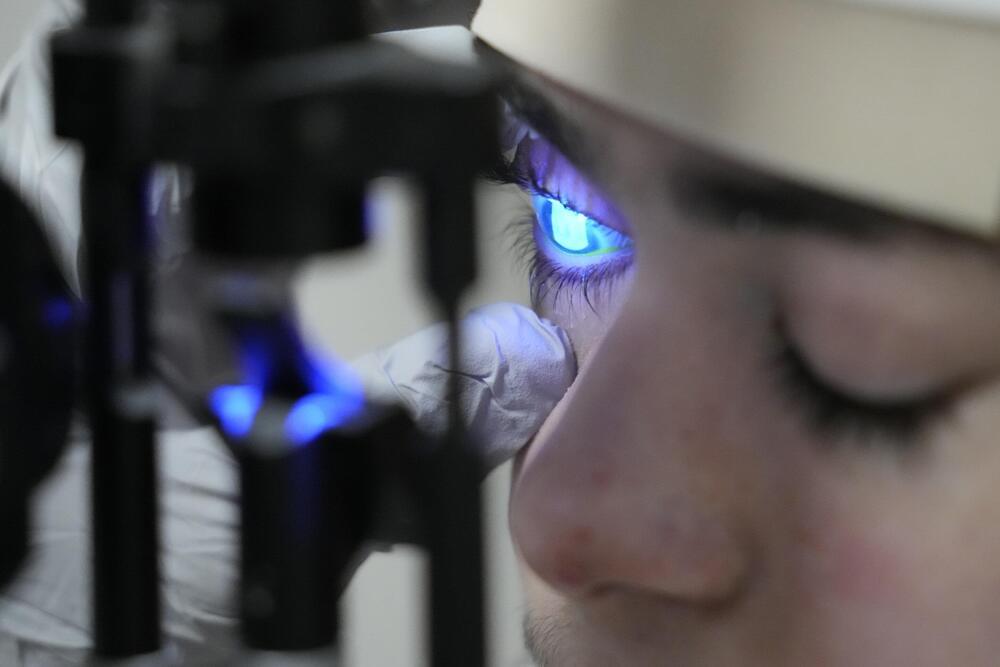The weaponization of the scientific and technological breakthroughs stemming from human genome research presents a serious global security challenge. Gene-editing pioneer and Nobel Laureate Jennifer Doudna often tells a story of a nightmare she once had. A colleague asked her to teach someone how her technology works. She went to meet the student and “was shocked to see Adolf Hitler, in the flesh.”
Doudna is not alone in being haunted by the power of science. Famously, having just returned home from Los Alamos in early 1945, John von Neumann awakened in panic. “What we are creating now is a monster whose influence is going to change history, provided there is any history left,” he stammered while straining to speak to his wife. He surmised, however, that “it would be impossible not to see it through, not only for military reasons, but it would also be unethical from the point of view of the scientists not to do what they knew is feasible, no matter what terrible consequences it may have.”
According to biographer Ananyo Bhattacharya, von Neumann saw what was happening in Nazi Germany and the USSR and believed that “the best he could do is allow politicians to make those [ethical and security] decisions: to put his brain in their hands.” Living through a devastating world war, the Manhattan Project polymath “had no trust left in human nature.”

